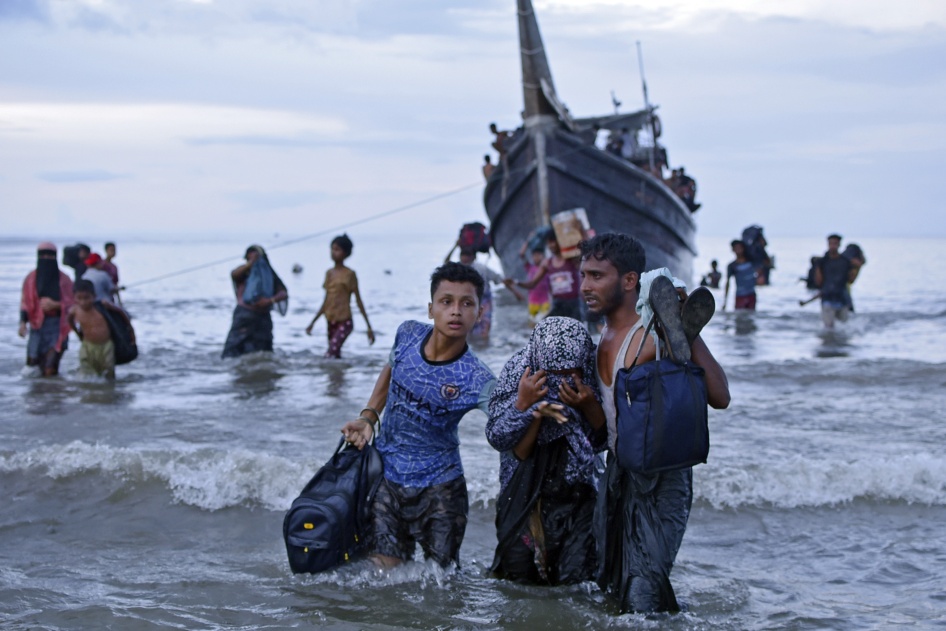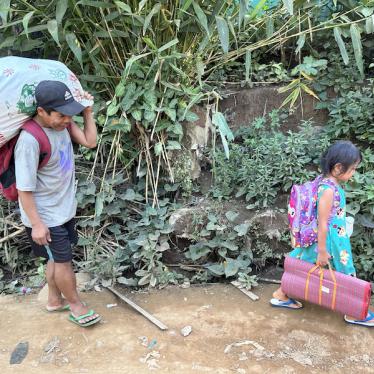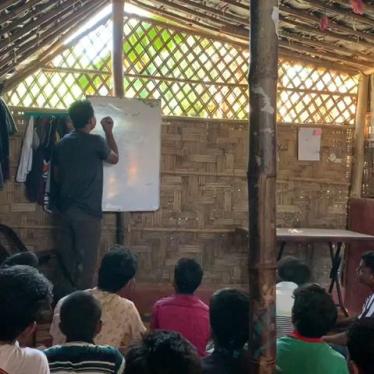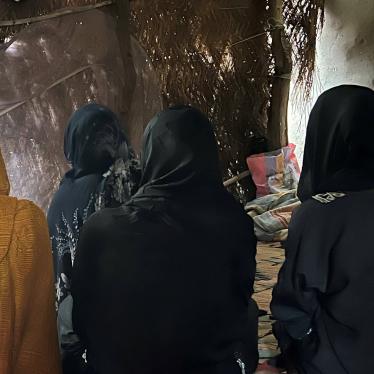The Nagoya High Court last month ordered the Japanese government to grant refugee status to an ethnic Rohingya asylum seeker from Myanmar. A lower court had previously ruled that 44-year-old Khin Maung Soe was a Rohingya, but that his ethnicity was an insufficient basis for considering him a refugee. The high court found that because the Myanmar military had “committed ethnic cleansing against the Rohingya” since the February 2021 military coup, there “exists objective fact to feel fear of persecution.”
The ruling is unprecedented as Japan’s refugee determination system puts more weight on asylum seekers’ individual circumstances than their status as a member of a particular group. The Japanese government had rejected Khin Maung Soe’s refugee application four times before he filed the lawsuit in 2020. In 2017, the Myanmar military’s campaign of mass atrocities drove more than 730,000 Rohingya abroad, most to Bangladesh. Those remaining in Myanmar face systematic abuses, including the crimes against humanity of apartheid, persecution, and deprivation of liberty. Since the coup, restrictions have increased and conditions have deteriorated.
Japan has highly restrictive policies on asylum requests. In 2022, only 202 people out of 3,772 applicants were given refugee status, and 1,202 people had to apply for refugee status more than once, including 83 from Myanmar.
Khin Maung Soe’s case also exemplifies the heightened risk asylum seekers face after Japan’s Diet passed a bill last year to amend the Immigration Control and Refugee Recognition Act. The amendments allow the government to deport asylum seekers who apply for refugee status more than twice. The law will go into effect by June, meaning Khin Maung Soe may have been sent back to Myanmar had he not won the case.
The Japanese government should ensure refugees like Khin Maung Soe aren’t forced returned to harm’s way. Japan should respect the international treaties it has ratified, notably the Refugee Convention, by upholding the principle of nonrefoulement, which prohibits the return of anyone to a place where they would face a real risk of persecution, torture or other ill-treatment, or a threat to life. The government should also establish independent bodies to oversee refugee applications and appeals as recommended by the Japan Federation of Bar Associations.









